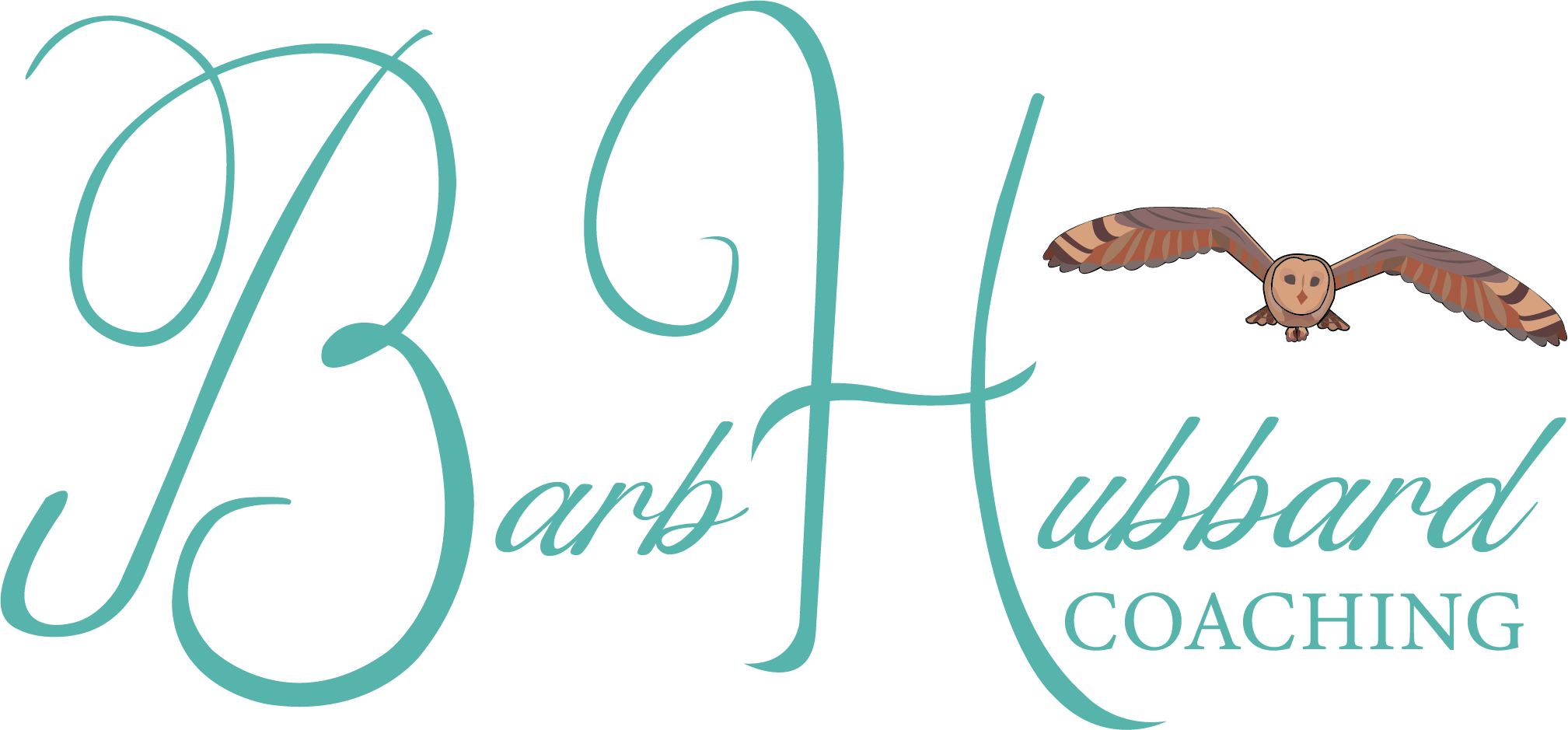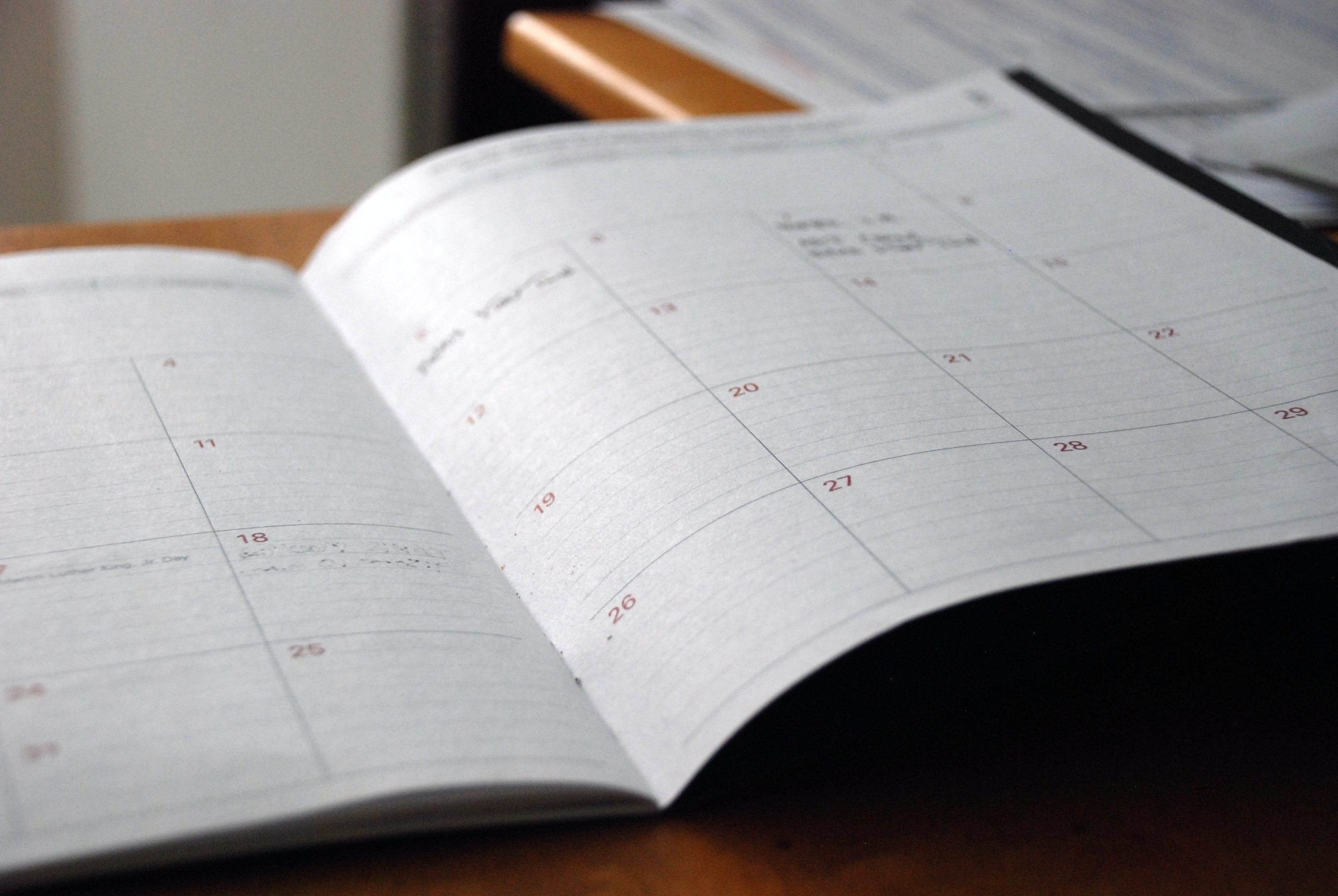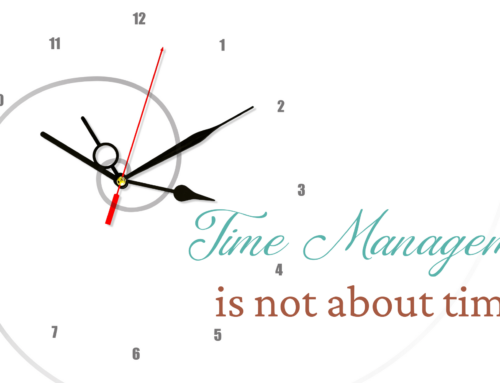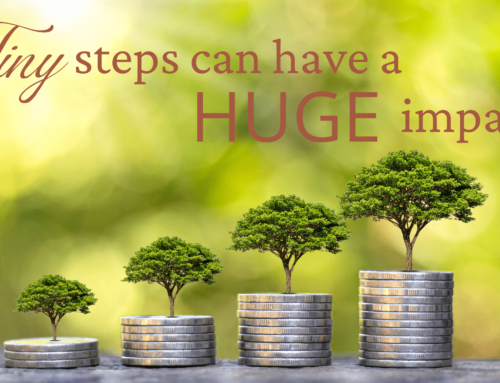Procrastivity
Do you get to the end of the day and realize that you haven’t really accomplished anything? Can you identify with feeling busy, but also like you aren’t moving forward? How often do you put off the high-impact projects, in favor of the small, easy tasks?
What in the world is procrastivity?
Procrastivity is the cousin of procrastination. When we procrastinate, we avoid a task or project. Often, we choose to scroll through social media or watch TV instead of getting to work. However, with procrastivity, we are doing stuff, just not the high-impact projects that we had hoped or planned to accomplish!
Procrastivity tasks are often manual, such as the dishes or laundry. We have a solid idea of how long they will take to finish and often they are quick, less than 15 minutes. Or, they have clear progress points along the way to give us a sense of accomplishment. We also know how to complete the task without needing to do any research or learn something new. Procrastivity tasks are not draining and require less mental effort. Our brain loves them because it feels like we are doing something and we can cross off items on our to do list!
Some examples…
- reading & answering most emails
- scheduling appointments
- dishes
- laundry
- rewriting to do lists
- entering data
- organizing our desk
- filing papers
In order to grow our business, we must get to the high-impact projects. The income-producing activities. The tasks that require our mental energy and our time. Blog posts, follow-up calls, newsletters, presentations, website work… we must get started on these!
Lessons learned from procrastivity…
Since we know our brain loves these procrastivity tasks, let’s use this to our advantage! What can we do to trick our brain into starting the more important, high-impact activities?
- Get moving! Be sure to walk around and gather everything you require for the work so that it is nearby when needed. Plan to work on a high-impact task after some exercise. Or, break up the dreaded project with a few push-ups or jumping jacks every five minutes.
- Establish a timeframe! Prior to starting on the project, break it into chunks and/or decide how long you plan to work. Perhaps you will only complete the first step of a project. Or, you might choose to work for only 20 minutes. Having a clear idea of the time, you are more likely to get started.
- Step out of your comfort zone! What are you willing to do to move forward in your business?Identify what you need to learn, or who you need to talk to, to move forward with this project. Recognize that learning new skills is essential to business growth.
- Use procrastivity to gain momentum! Sometimes we need a boost of energy to get started on those big and scary tasks. Doing the procrastivity tasks might be just what you need. Respond to the emails and do the dishes! Let the excitement of crossing off something on your to do list propel you into the more difficult project.






